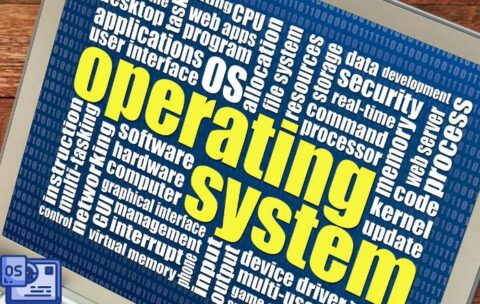Advanced JavaScript Techniques: Deep Dive into Modern Concepts
In this comprehensive course, you will embark on an exploration …
What you'll learn
Advanced Kotlin Programming: Mastering Language Features and Best Practices
Welcome to “Advanced Kotlin Programming: Mastering Language Features and Best …
What you'll learn
Advanced Machine Learning Techniques and Applications
Explore the cutting-edge realm of machine learning through the “Advanced …
What you'll learn
Advanced Machine Learning Techniques: From Theory to Application
Unlock the full potential of machine learning through our comprehensive …
What you'll learn
Advanced Materials Characterization and Analysis
The course “Advanced Materials Characterization and Analysis” is designed to …
What you'll learn
Advanced Network Defense Techniques: Securing Data and Infrastructure
The “Advanced Network Defense Techniques: Securing Data and Infrastructure” course …
What you'll learn
Advanced PHP Techniques: Best Practices and Design Patterns
The course “Advanced PHP Techniques: Best Practices and Design Patterns” …









